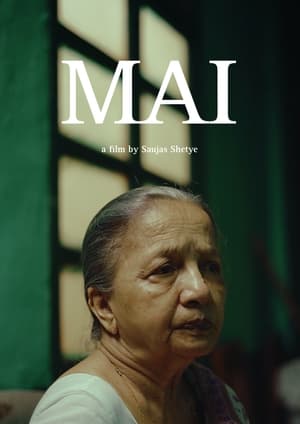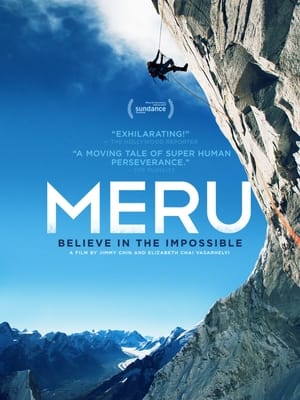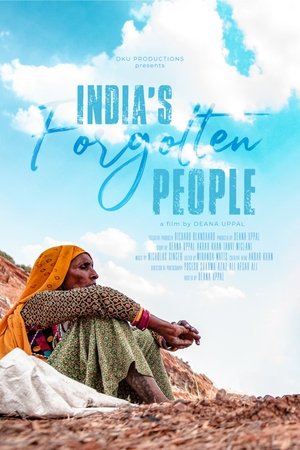

Jahan Jahan Charan Pade Raghuvar Ke(NaN)
shri ram van gaman path
'Jahan Jahan Charan Pade Raghuvar Ke' is a 26 episodes docu-web series based on the 14 years exile of Lord Rama. It's a spiritual journey from Ayodhya to Lanka, exhibiting all those places where Lord Shri Ram visited and stayed during his 14 years exile, such as Chitrakoot, Panchvati etc. It is written by Bharati Babbar. The web series is produced by Pomy Films. It is hosted and directed by the International award winning movie director Sunil Babbar.
Movie: Jahan Jahan Charan Pade Raghuvar Ke
Top 1 Billed Cast
Sunil

Jahan Jahan Charan Pade Raghuvar Ke
HomePage
Overview
'Jahan Jahan Charan Pade Raghuvar Ke' is a 26 episodes docu-web series based on the 14 years exile of Lord Rama. It's a spiritual journey from Ayodhya to Lanka, exhibiting all those places where Lord Shri Ram visited and stayed during his 14 years exile, such as Chitrakoot, Panchvati etc. It is written by Bharati Babbar. The web series is produced by Pomy Films. It is hosted and directed by the International award winning movie director Sunil Babbar.
Release Date
Average
0
Rating:
0.0 startsTagline
shri ram van gaman path
Genres
Languages:
Englishहिन्दीKeywords
sri lankaindiasaintramayanagangaravanayodhyahanumansitaweb showramayanramshrimad ramayanalankaplanchette by sunil babbarplanchettesunil babbarpomy filmsred zone by sunil babbarprayagrajbharati babbarsunil babbar talessunil babbar directorjahan jahan charan pade raghuvar keram van gaman pathshri ram van gaman pathpanchvati
Similar Movies
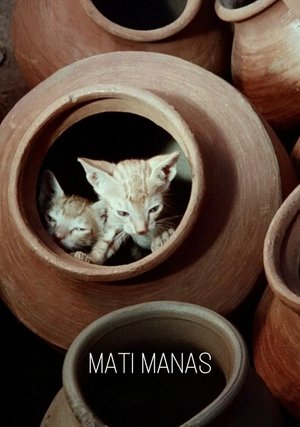 5.7
5.7Mind of Clay(hi)
In a poetic hour and a half, director Mani Kaul looks at the ancient art of making pottery from a wide variety of perspectives.
Blood and Water(en)
When the 2004 tsunami hit the coast of Sri Lanka, 65-year-old Anton Ambrose's wife and daughter were killed. "In five minutes," he says, "I lost everything." A year later, Anton returns to Sri Lanka. With him is his nephew, award-winning filmmaker Rohan Fernando. A Tamil, Anton moved to California in the 1970s and became a very successful gynecologist. His daughter, Orlantha, made the opposite journey, returning to Sri Lanka where she ran a non-profit group that gave underprivileged children free violin lessons. Blood and Water is the story of one man's search for meaning in the face of overwhelming loss, but it is also filled with improbable characters, unintentional comedy and situational ironies.
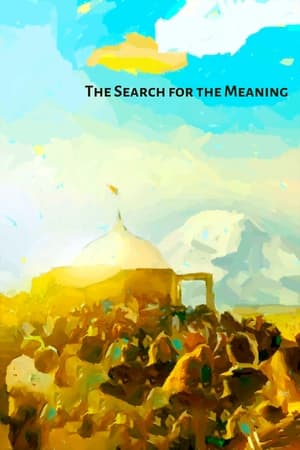 10.0
10.0The Search for the Meaning(es)
"The Search for the Meaning" is a collective experience, carried out with the audiovisual contribution of countless people who record their testimonies and spiritual experiences in 19 countries, to show a new spirituality that is being born...
 6.1
6.1India Cabaret(hi)
A documentary exploring the "respectable" and "immoral" stereotypes of women in Indian society told from the point of view of 2 strip-tease dancers in a cabaret house in Bombay.
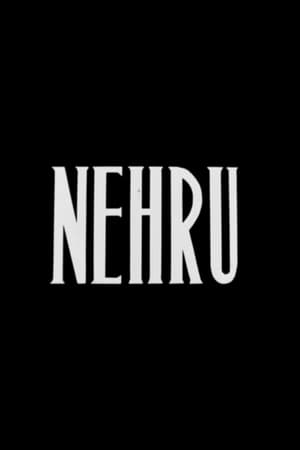 4.0
4.0Nehru(en)
Divided into three parts — The Awakening, The Struggle, and Freedom — this is a biographical film on Pandit Jawaharlal Nehru, the first Prime Minister of independent India. Relying on Nehru's writings and speeches, the film traces the evolution of Nehru from his birth through his life. It also deals with the effect of history on Nehru and in turn his impact on the world.
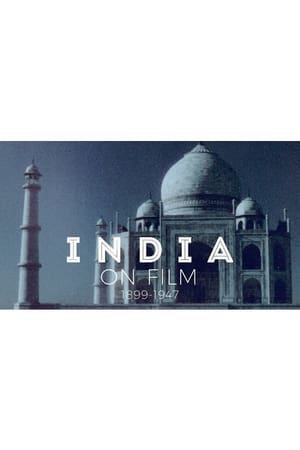 0.0
0.0India on Film: 1899 – 1947(en)
As part of the 2017 UK-India Year of Culture, the British Council and British Film Institute share a unique collection of films documenting the sights and culture of a bygone India. Filmed between 1899-1947, and preserved in the BFI National Archive since then, these rare films capture many glimpses of life in India, from dances and markets, to hunts and pageantry.
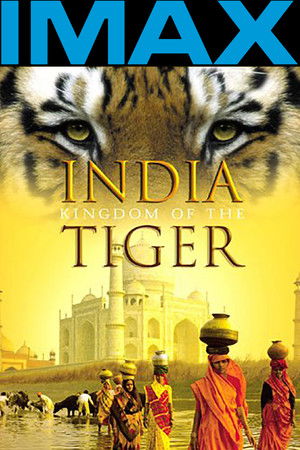 4.8
4.8India: Kingdom of the Tiger(en)
Journey across India, a breath taking land shaped by a myriad of cultures, customs and traditions. Come face to face with the Bengal Tiger and explore the work of this majestic creature with stunning clarity. Soar over blue-hazed Himalayan peaks and sweep down towards the thundering Indian Ocean as we celebrate the power and beauty of India's greatest ambassador - the mighty Bengal Tiger.
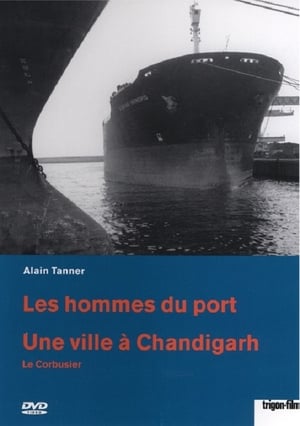 5.5
5.5A City at Chandigarh(fr)
Documentary on the construction of Chandigarh, the new capital of the Indian Punjab region, planned by Albert Mayer and Swiss architect Le Corbusier.
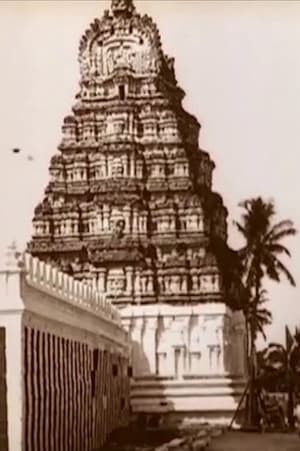 0.0
0.0Edward Prince of Wales' Tour of India: Madras, Bangalore, Mysore and Hyderabad(en)
This official travelogue of a royal tour follows the Prince on a series of regimental displays and a tiger hunt.
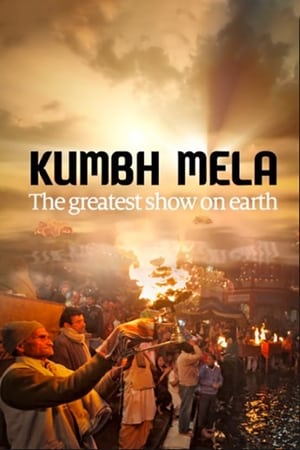 8.0
8.0Kumbh Mela - The Greatest Show On Earth(en)
February 2013, Allahabad, India. Over the next 55 days, nearly a hundred million people will come here, to the Great Kumbh Mela. This incredible and awe-inspiring celebration of the world's oldest religion happens every 12 years at the place where Hindus believe two sacred rivers meet. For many Hindus this is their most important pilgrimage, and it happens at one of the most holy sites in India. Hindus come to cleanse themselves in the sacred waters of the river Ganges, to pray and emerge purified and renewed. This follows British pilgrims as they embark on a once-in-a-lifetime spiritual journey. A journey that will take them into the heart of Hinduism - its philosophy, its beliefs and its traditions. A journey that will culminate in the largest ever gathering of humans in one place.
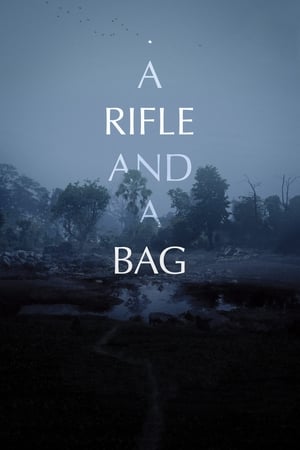 5.3
5.3A Rifle and a Bag(hi)
Somi is pregnant with her second child. A girl, she hopes. Together with her husband she prepares for this new phase of their parenthood. It means that their son has to go to school, but as an ex-Naxalite that is tough to achieve in contemporary India, where people like them are third-rate citizens. They lack the certificates and an opaque bureaucratic process doesn't help. Directors Isabella Rinaldi, Cristina Hanes and Arya Rothe of the NoCut Film Collective concentrate on Somi's close family ties, painting a portrait of ex-Naxalites in India. Once, Somi and her husband were communist rebels fighting for the rights of Indian tribes. However, to safeguard their family's welfare, they surrendered to the government in exchange for marginal compensation and simple accommodation.
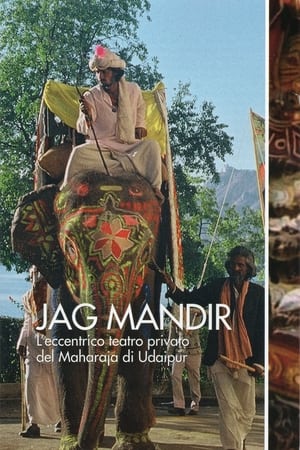 5.8
5.8Jag Mandir: The Eccentric Private Theatre of the Maharaja of Udaipur(de)
Jag Mandir is a quiet and often overlooked film in the vast oeuvre of Werner Herzog. Apparently, 20 hours of footage was shot that covered the whole fest and the film hardly presents us a twentieth of that. A native walking into the film in between may well fail to immediately realize that it is his country that is being shown and these are figures from the mythology of various sections of his nation. The bulk of the film consists of footage of an elaborate theatrical performance for the Maharana Arvind Singh Mewar at the City Palace of Udaipur, Rajasthan staged by André Heller.
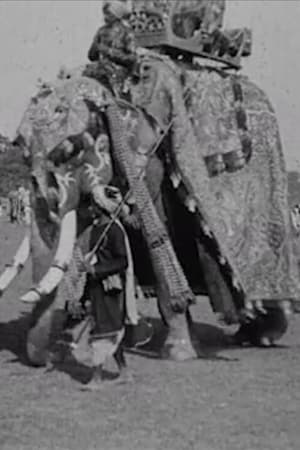 0.0
0.0Calcutta Pageant(en)
Scenes from a lavish pageant held during the royal visit to India, celebrating King George V’s coronation.
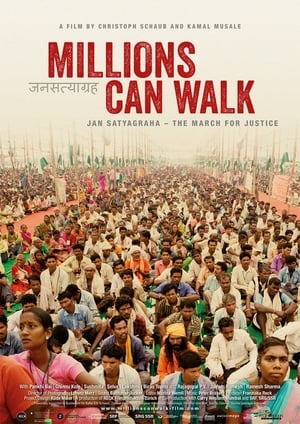 0.0
0.0Millions Can Walk(en)
Hundreds of thousands of Indian men and women – indigenous inhabitants and landless farmers – demand their right to existence by making a 400 kilometre protest march from Gwalior to Delhi. How can one fight for one’s rights without using violence? With such an important contemporary question, the film spreads far beyond the borders of India. It shows the multiple facets of this imposing protest march and focuses as well on the daily realities of these proud people.
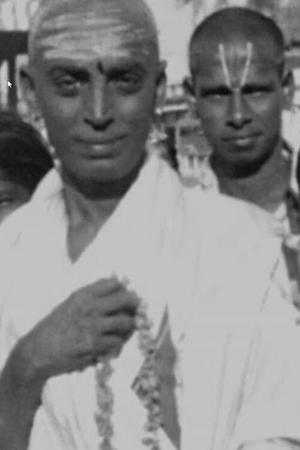 0.0
0.0Madras Mylapore - Tank and Religious Processions(en)
The thronging streets of Chennai in festive mood are captured by this lively amateur film.
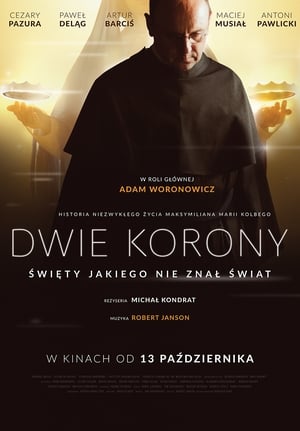 7.7
7.7Two Crowns(pl)
Recreation of facts and stories of both experts and people who met Maximilian Kolbe and were shocked by his words and actions.
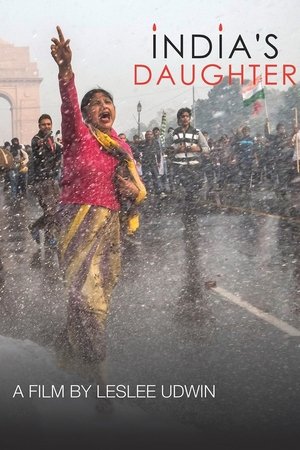 8.1
8.1India's Daughter(en)
The story of the short life, and brutal gang rape and murder in Delhi in December 2012 of an exceptional and inspiring young woman. The rape of the 23 year old medical student by 6 men on a moving bus, and her death, sparked unprecedented protests and riots throughout India and led to the first glimmers of a change of mindset. Interwoven into the story line are the lives, values and mindsets of the rapists whom the film makers have had exclusive and unprecedented access to interview before they hang. The film examines the society and values which spawn such violent acts, and makes an optimistic and impassioned plea for change.
